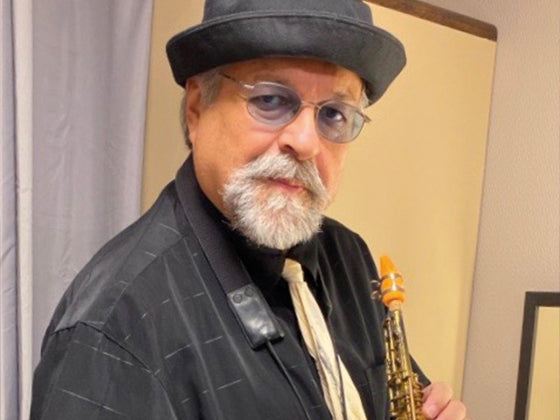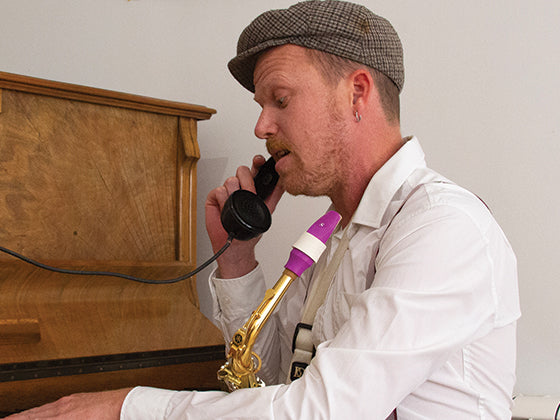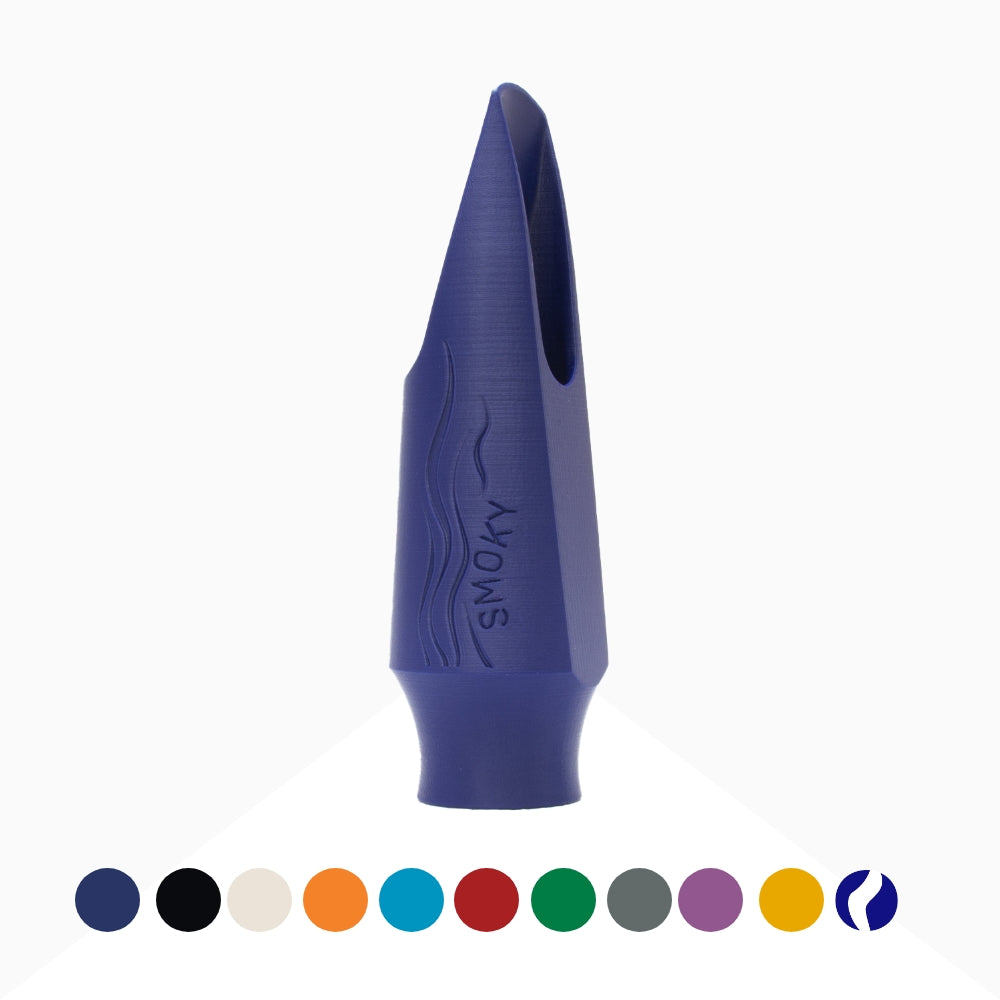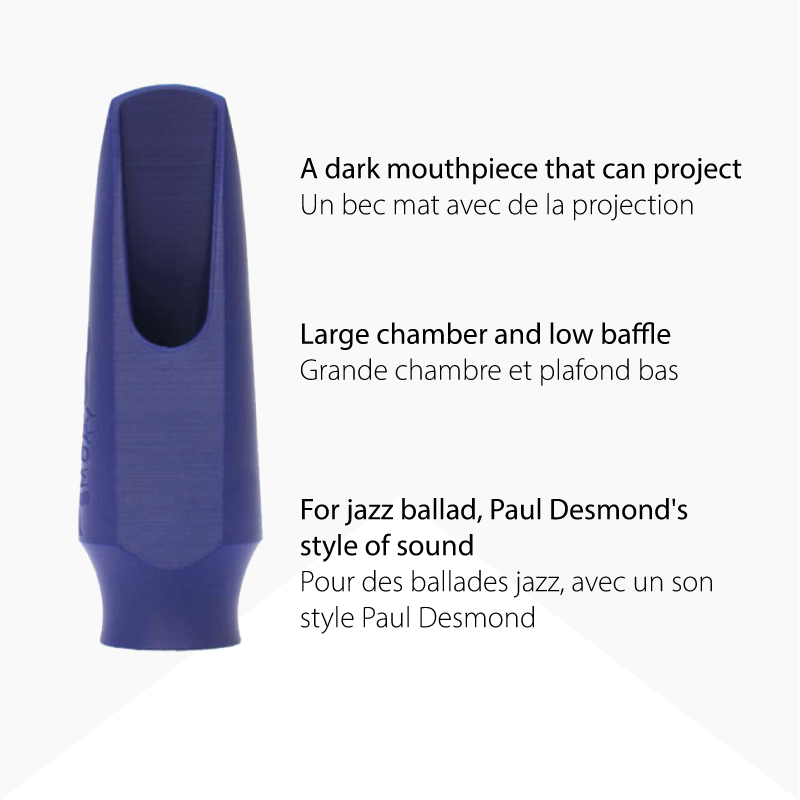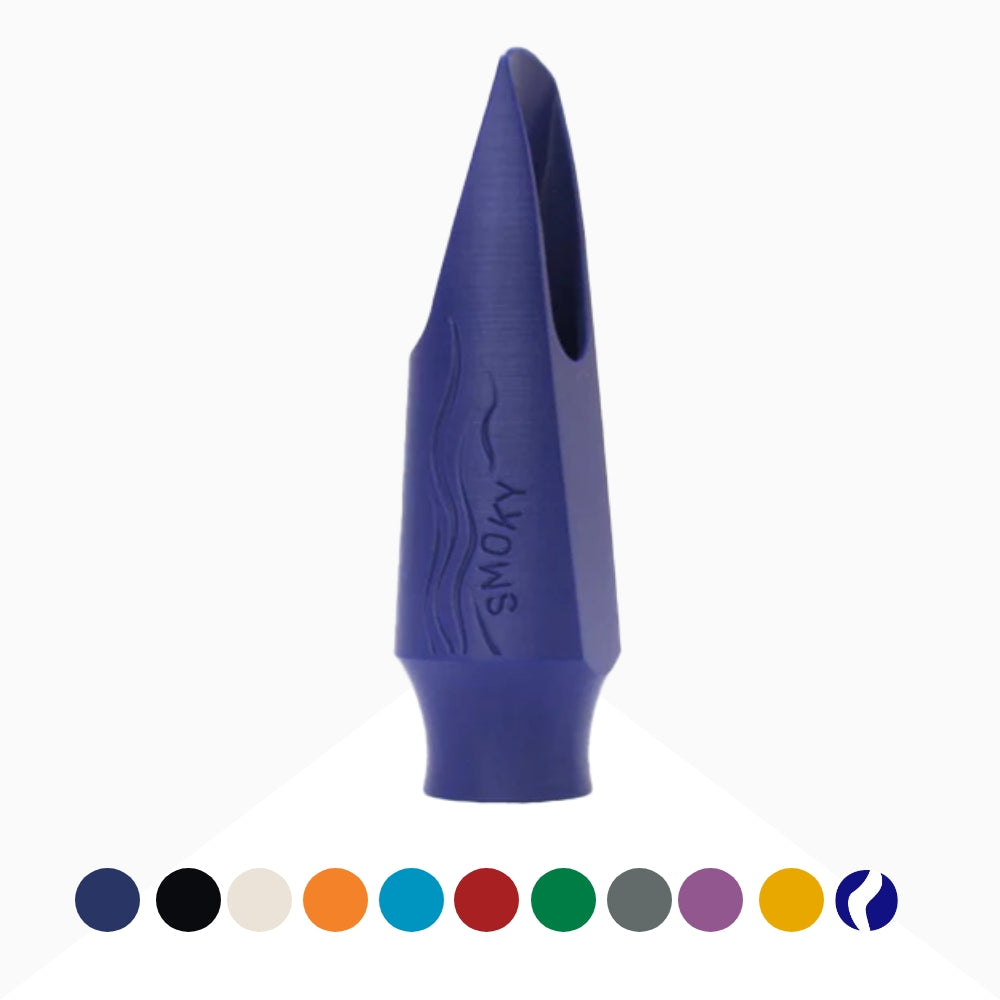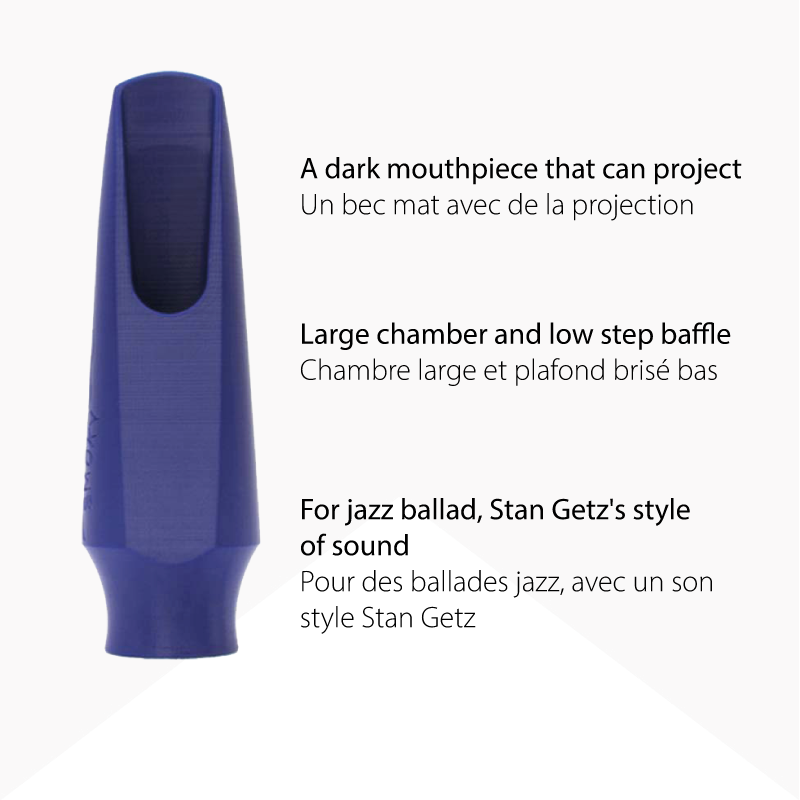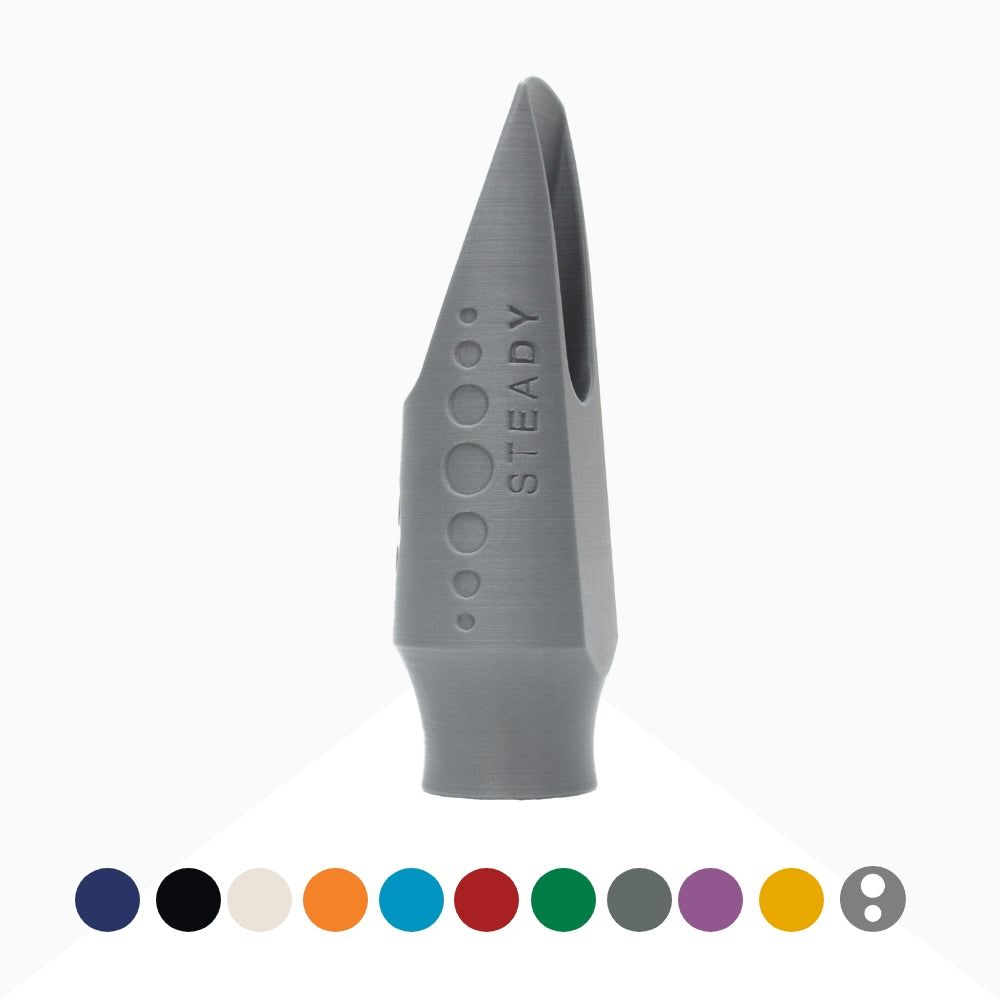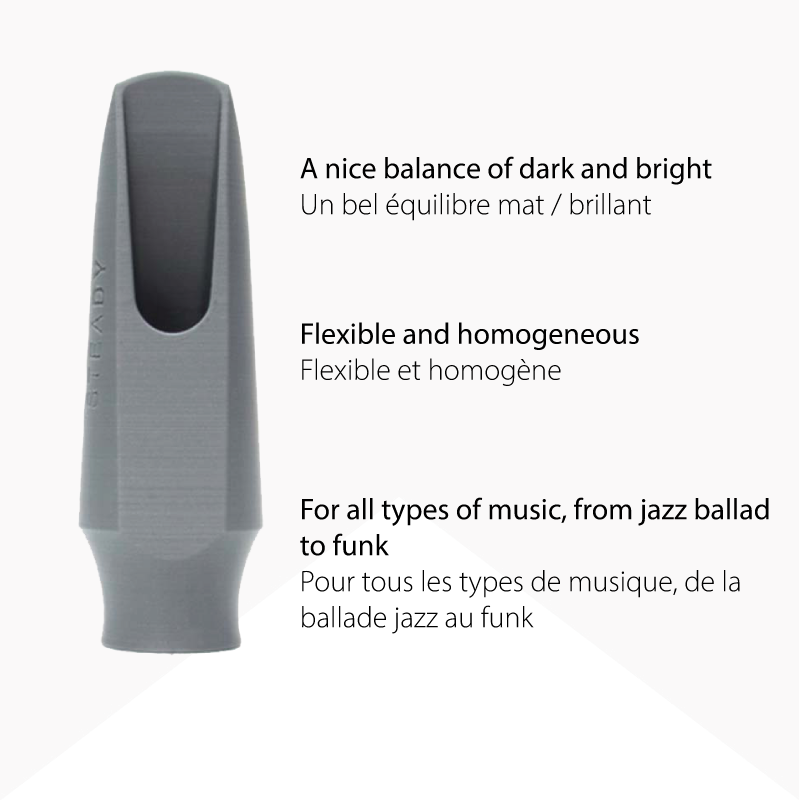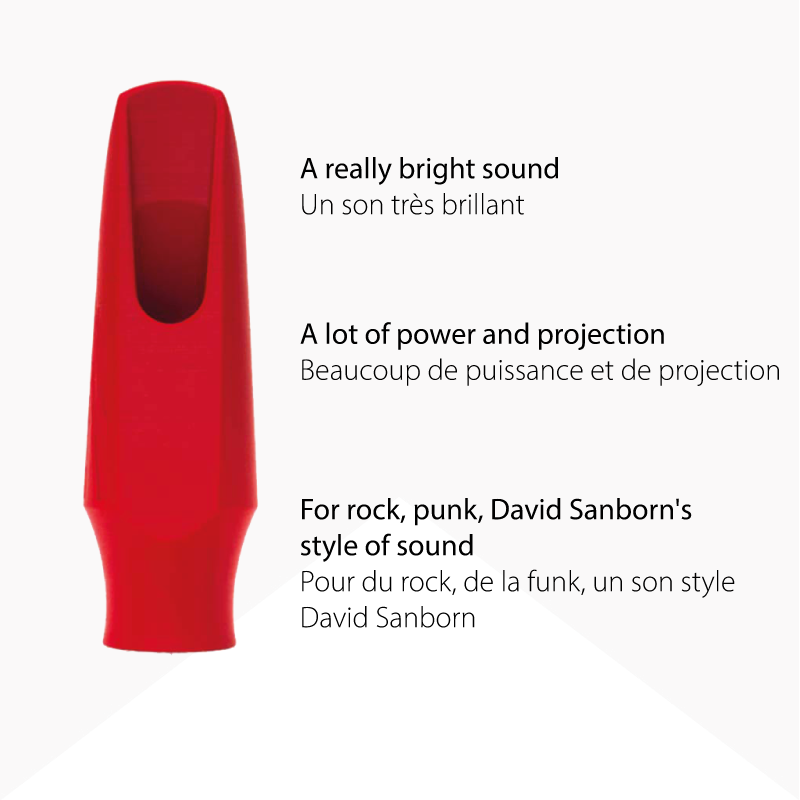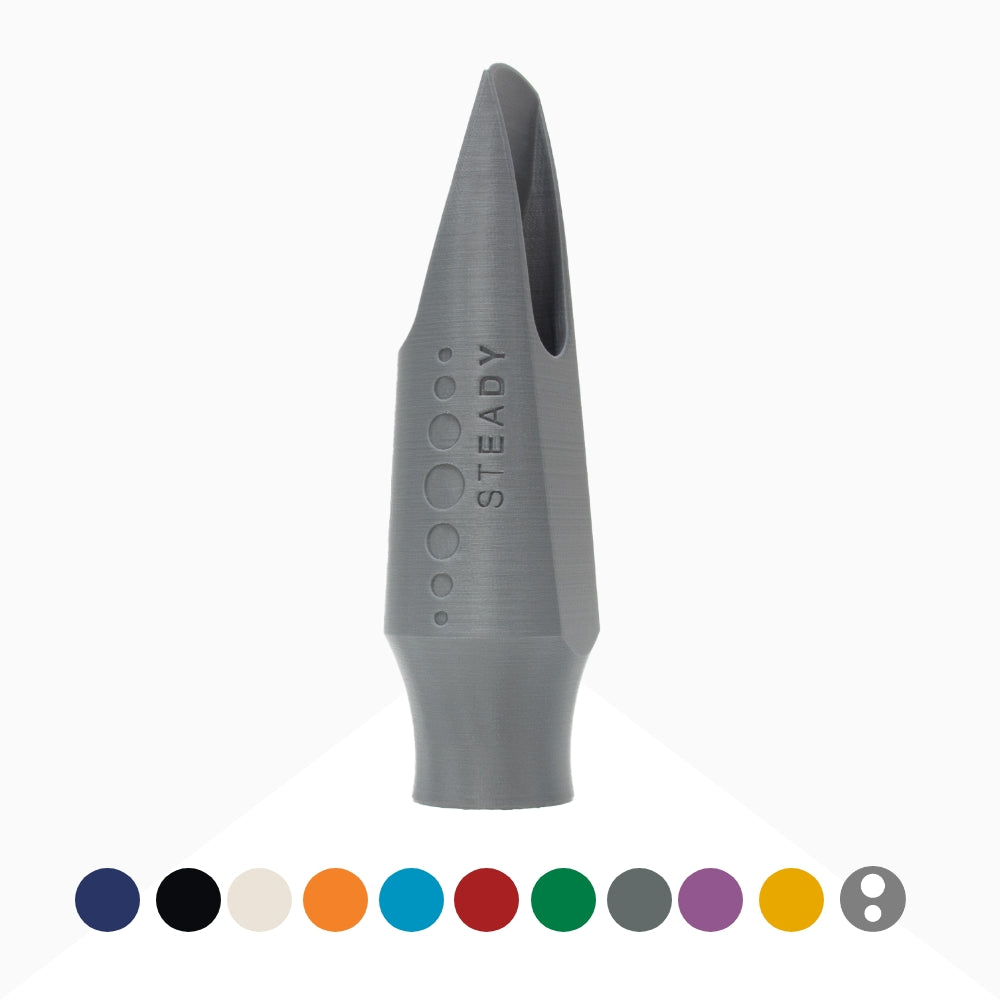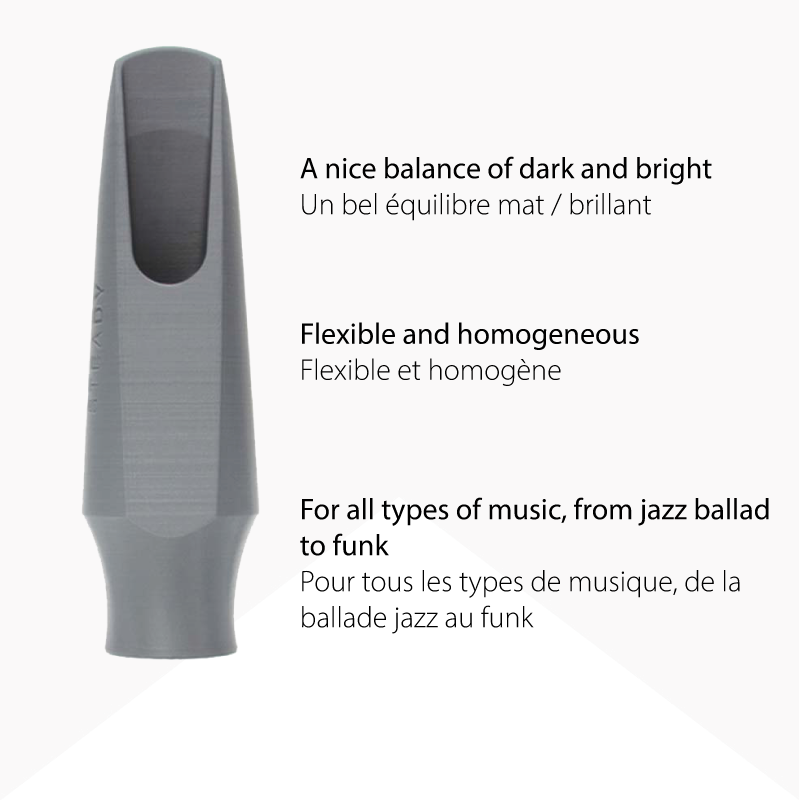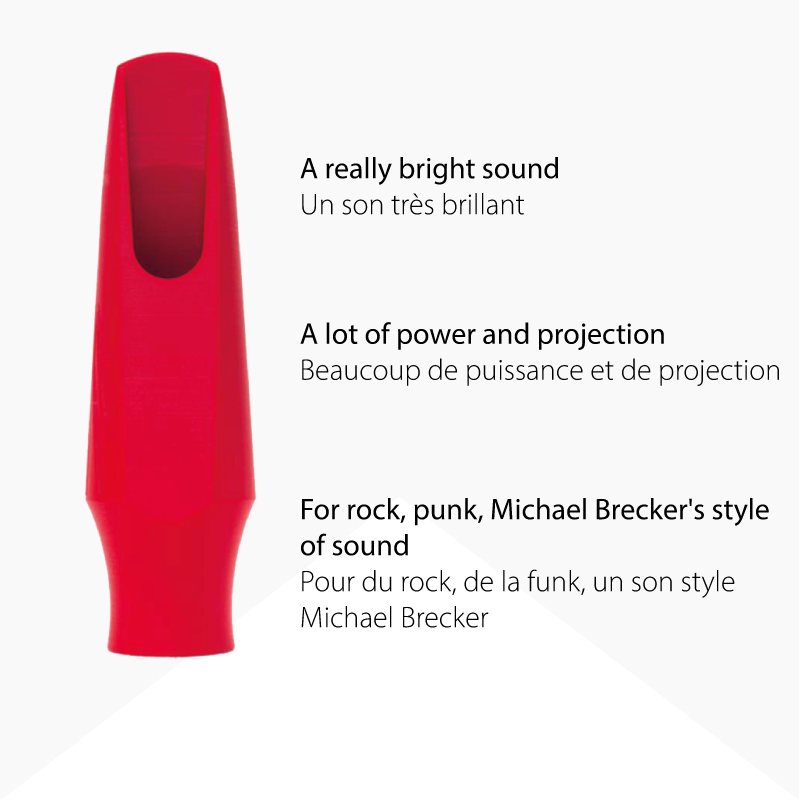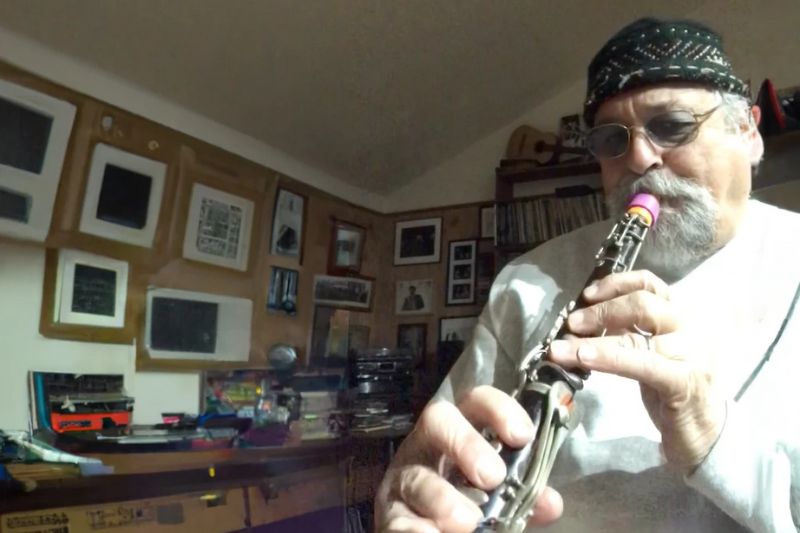And now is time form Ryan Devlin's third video!
This video dives into the world of acapella playing, a practice method highly valued by professional saxophonist Ryan Devlin. He shares valuable insights gained from years of experience.
Devlin emphasizes three key aspects of a capella playing:
- Time: This includes your overall sense of timing, your timing in relation to chord changes, and being aware of rushing or dragging.
- Harmony: Focusing on hitting chord tones on downbeats and being mindful of the harmonic structure of the music.
- Sound: Maintaining a full and clear sound even when focusing on other aspects.
Practicing with a Cadenza:
The video explores using cadenzas, improvised solo passages, as a way to develop a capella skills. Devlin suggests:
- Starting with one chord and focusing on playing freely within the tonality.
- Gradually transitioning to playing cadenzas based on multiple chords.
- Experimenting with different lengths and forms of cadenzas.
Developing Your Skills:
- Listen to the Masters: Devlin recommends listening to renowned saxophonists like Chris Potter, Michael Brecker, and Seamus Blake, who excel at a capella playing.
- Record Yourself: Capture your playing and analyze it to identify areas for improvement.
- Use a Metronome and Backing Tracks: Practice playing with a metronome or a backing track featuring only drums to focus on your timing and interaction with rhythm.
Beyond Performance:
While a capella playing can be showcased in performances, Devlin emphasizes its significance as a practice tool. He highlights the benefits:
- Identifying weaknesses: A capella playing exposes areas needing improvement that might be masked when playing with a band.
- Building a strong foundation: Mastering a capella playing translates to better time, harmony, and sound when playing with others.
- Earning the respect of rhythm section players: Solid timekeeping developed through a capella practice is highly valued by musicians playing in the rhythm section.
Enjoy!






